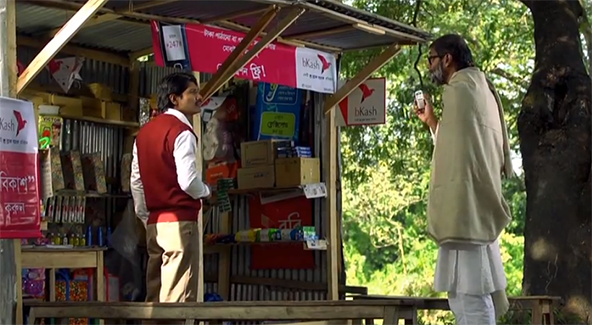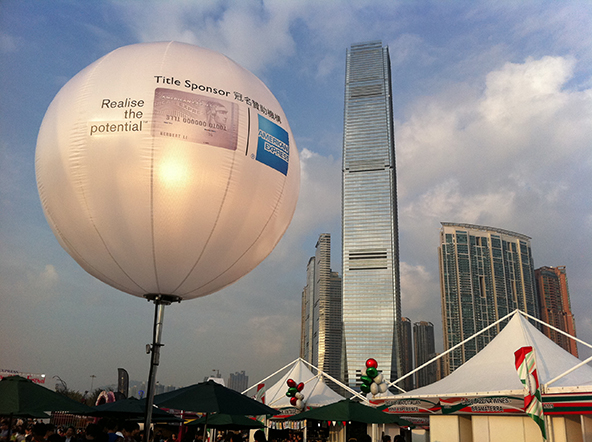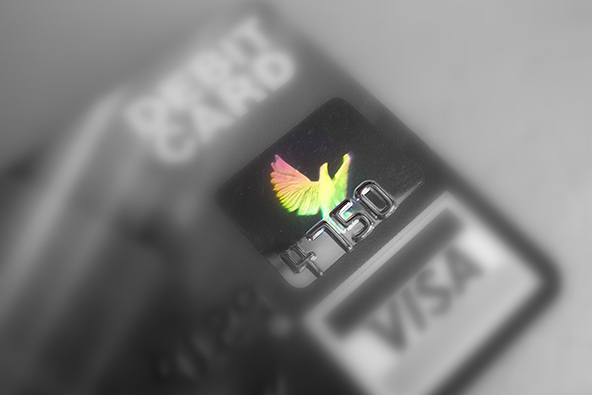The State of Mobile Money in the Developing World

In its latest issue, The Economist has been unusually generous with its coverage of the most recent mobile money goings-on in Africa and Asia. It could still be argued that they’ve tried to cram a bit too much information into the two relatively short articles dedicated to the subject, but I guess I always complain about that, so I won’t do it this time. Oh, wait…
Anyway, it’s the quality that counts and, characteristically, The Economist has more than delivered on that count. As you might expect, M-Pesa is prominently featured in both articles and used as a foil against which other mobile money start-ups in the developing world are evaluated. I had never even heard of some of these new services before — Harare-based Yo! Time is a prime example. However, the (relative) newcomers I found most interesting — though not more innovative than the others — are based in South Asia where two entrepreneurs have managed to build mobile money platforms, each already with substantial customer base, which can be used on any wireless network. That’s quite an achievement! Let’s take a look.
The Latest in Africa
In Africa, The Economist tells us, the “sophisticated” mobile money services — M-Pesa is singled out as a prime sophisticate — facilitate the transfer of money from one user to another through “commands on a mobile phone”. Now, as the author hasn’t thought it necessary to describe precisely how this transfer is done, let me give you a brief overview of the process, so that you would better understand what the less-sophisticated lot of m-money providers are doing differently.
So, to initiate a transfer, an M-Pesa user would go to an agent — typically a small store — and purchase virtual credit that is loaded onto her phone. Once this credit — known as e-float — is available into the user’s account, it can be transferred to another M-Pesa user through a text message. The recipient of the credit would then go to an M-Pesa agent of her choice and swap the code she received in the text message for cash. As you can appreciate, having an M-Pesa agent nearby is of critical importance.
Well, a slew of African start-ups are now facilitating similar types of transfers, but instead of cash, the currency being exchanged is airtime minutes. In addition to their most obvious application, these can be exchanged for cash at mobile phone dealers or bartered for products and services. One immediately apparent advantage of such a set-up is that there is no need for a proprietary system of agents — anyone dealing in prepaid airtime minutes would do.
OK, now let me give you the most entertaining of the non-M-Pesa examples. What makes the story both surprising and impressive is that it takes place in Zimbabwe, of all places.
In Zimbabwe, for example, American banknotes have largely replaced the hyperinflation-ravaged Zimbabwean dollar. American coins are scarce, however, so pretty much everybody in Zimbabwe transfers airtime in their place at least occasionally, says Oswell Binha, president of the Zimbabwe National Chamber of Commerce in Harare. Zimbabwean shoppers are tired of being given sweets in lieu of change, so shopkeepers who give airtime rather than yet another “$0.63-worth of chocolates” have a competitive advantage, Mr Binha says. Yo! Time, a Harare-based start-up that simplifies these retailer-to-shopper airtime payouts, processes more than 9,000 payouts a day for clients; six months ago the figure was 2,000.
A perfect example of necessity breeding innovation.
The View from South Asia
In South Asia, by contrast, two entrepreneurs have developed what The Economist refers to as “agnostic” mobile money transfer networks, which is to say that the two service providers — bKash in Bangladesh and BEAM in India — offer money transfers that can be executed on any wireless network. By contrast, in Kenya, M-Pesa can only facilitate transfers between users of Safaricom — the biggest telecommunications provider in the country where it owns two-thirds of the market, which is also partly owned by Vodafone. Now Vodafone is pushing M-Pesa in India.
Now, although the author does not give it much attention, it should be noted that at least part of the reason why the South Asian entrepreneurs have successfully taken the “agnostic” route is that the Indian regulatory framework is not nearly as telecoms-friendly as Kenya’s. Whereas in the African country, Kenya’s Central Bank allowed Safaricom to provide money transfer services without the need to register and be regulated as a bank, India’s central bank took the opposite view, deciding that the mobile transfer of money is a banking service, after all, not a telecoms one, and requiring that M-Pesa owner Vodafone either register as or partner with a bank. One of the consequences of that decision of India’s central bank was that, in order for a recipient of an M-Pesa transfer to receive her money, she would need to go through a lengthy identity check, which many of the country’s residents would struggle to comply with, simply because they have no ID documents. So the upshot is that the telecoms are struggling to gain traction in India and that gave BEAM the opening it needed.
But there is more to the story than that, for the fact is that a carrier-agnostic mobile money platform is simply more customer-friendly than a closed one. Unsurprisingly, then, each of the two South Asian start-ups has already grown a huge customer base: 2.2 million in the case of bKash and 14 million in the case of BEAM.
The Takeaway
So mobile money continues to spread very rapidly all across the developing world and has been the source of an incredible amount of innovation. However, both its present state and its future are and will be to a large degree shaped by the surrounding regulatory framework — both on local and international levels. And this is where a significant roadblock to the prospects of at least one of the mobile money transfer types examined above could soon be erected. The use of airtime as currency has attracted the concerned attention of various authorities. The usual reasons are given: it could be used by criminal groups to finance illegal activities, etc. So we are likely to see new rules being proposed sometime soon. I can only hope that, as the Economist suggests, these are “set against the good that tradable airtime still does” and do not end up killing a nascent industry that benefits so many people.
Image credit: YouTube / bKash.


